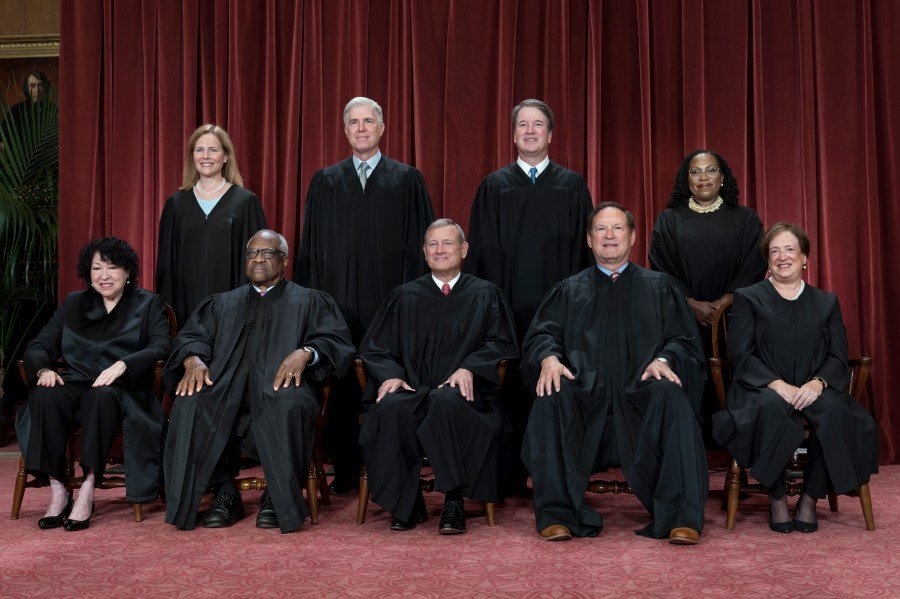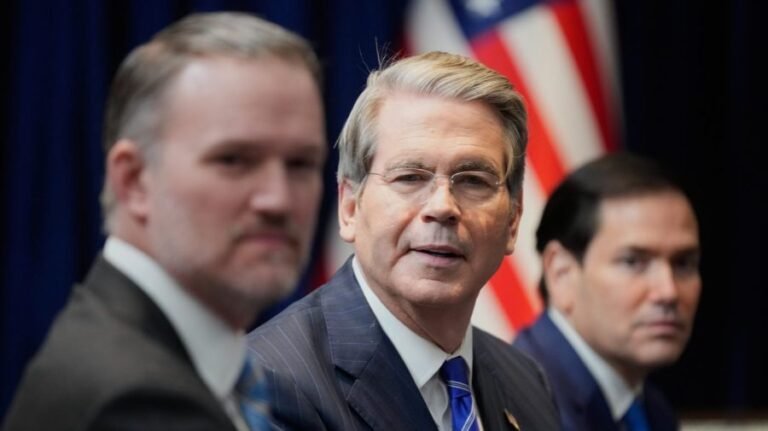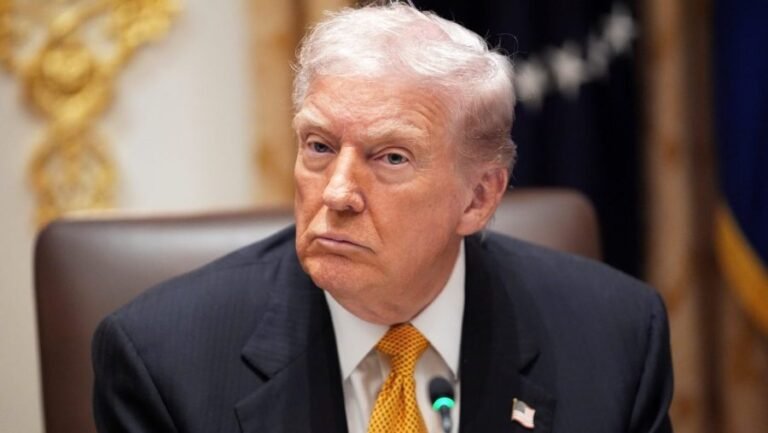
In August 1974, President Richard Nixon resigned after the Supreme Court decided that tapes of presidential conversations were not protected by executive privilege. The tapes thus needed to be provided to the special prosecutor. Once released, a pivotal tape confirmed his participation in obstructing justice to cover up serious abuses of power in the Watergate scandal.
That Supreme Court met the challenge of protecting our constitutional system of government. Today, however, when the risks to our constitutional democracy are far greater than they ever were under Nixon, the Supreme Court is failing to meet the challenge.
The 1974 court understood that, after 18 months of intense public focus on Watergate, the public interest required it to decide the presidential tapes case as quickly as possible. It also understood the importance, in such a politically sensitive case, of the justices appearing impartial.
To accomplish the first goal, the court agreed to hear Nixon’s appeal on July 8, just 49 days after he had lost at the district court level. It handed down its decision on July 24, just two weeks later.
As for impartiality, Justice William Rehnquist recused himself because he had worked in the Nixon Justice Department. The remaining eight justices, including five Republican appointees, then unanimously ruled against Nixon.
The ethically challenged and politicized 2025 Supreme Court is very different. Justices Clarence Thomas and Samuel Alito, having accepted valuable gifts from Republican donors, participated in decisions relating to Trump’s efforts to overturn the results of the 2020 election. Ignoring Rehnquist’s lesson about the importance of impartiality, they did so despite Thomas’s wife having been an active participant in those efforts, and even though a flag associated with those efforts flew at one point over Alito’s vacation home.
Two other justices are only on the court because Senate Republican Leader Mitch McConnell (R-Ky.) manipulated the confirmation process to block Democratic presidents from filling vacancies.
The result is a court that enables Trump’s abuses of power rather than protecting constitutional rights. It seems unaffected by the reality of a president who openly demands his ultra-loyal appointees prosecute political opponents and punish media he does not like and they comply; who extorts law firms and universities; who uses his threats to create an atmosphere of fear designed to suppress dissent; and whose overriding goal is increasing his personal power.
As lower courts issue reasoned opinions temporarily blocking administration actions of dubious legality in order to preserve the status quo while litigation proceeds, this Supreme Court — often in unexplained brief orders — allows the administration to do as it pleases while the cases are litigated. It seems fine, for example, with a president usurping the power of Congress over appropriations, with racial profiling, with sending migrants to countries where they never lived and where their safety cannot be assured.
And where too often Justice Department lawyers are lying to courts, they pretend that we are living in a world where the good faith of the executive branch can be assumed.
The politicization of this court was apparent before Trump took office when it addressed the question of presidential immunity in the prosecution of Trump for seeking to illegally overturn the results of the 2020 election. There is little doubt that these charges were extraordinarily serious and that there was a strong public interest that Trump’s guilt or innocence be determined before the 2024 election.
But this court chose to ignore this public interest. After the district court rejected Trump’s immunity claim in late 2023, it refused a request to bypass the court of appeals and hear the case directly. And when the appeals court similarly rejected the immunity claim on Feb. 6, 2024, the court failed to expedite its own consideration of the case. It heard oral arguments on April 25 and waited more than two months to issue its opinion.
And by creating an extraordinarily broad notion of presidential immunity it crafted an opinion which required extensive litigation before a trial could commence. As a result, no trial could happen before the 2024 election — a win for Trump and a loss for American voters.
We can only hope that, moving forward, the Supreme Court recognizes that these are not ordinary times, especially as it addresses Trump’s efforts to send the military into our cities. But since we cannot rely on the justices or the Republican Congress, peaceful protest, litigation and political participation must continue. And universities, law firms, business leaders and others need to recognize the importance of standing firm against the abuses of the Trump administration and the danger to our democracy by treating him as if he was a king.
America’s economic success is grounded in its stability as a constitutional democracy. It is both our freedoms and this stability that Trump is threatening.
Richard J. Davis is a former assistant Watergate special prosecutor and assistant secretary of the Treasury in the Carter administration.


